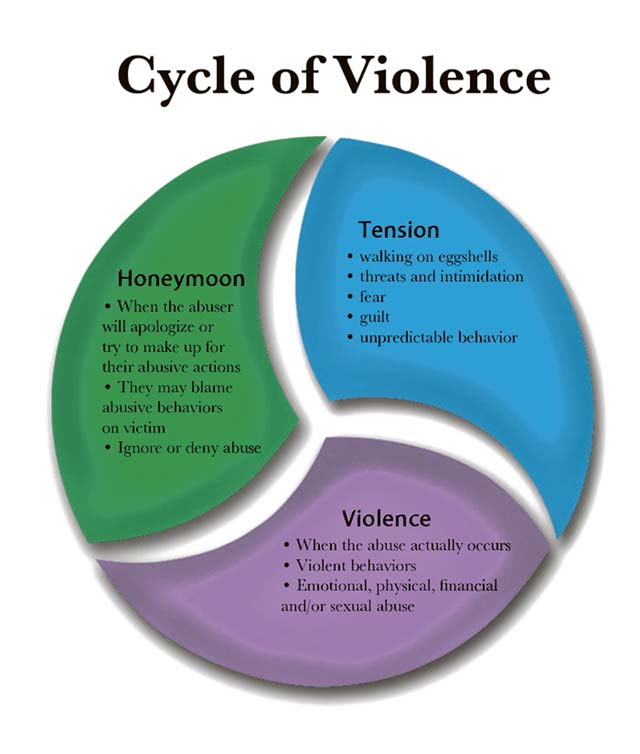
Domestic assault can happen anywhere, to anyone, and unfortunately, these crimes happen here in the Kaiserslautern Military Community as well.
“Domestic assault sometimes happens more frequently in the summer months because of the alcohol consumed at village fests, cookouts and outdoor activities,” said Staff Sgt. Tim Passe, U.S. Army Garrison Rheinland-Pfalz Directorate of Emergency Services Military Police Investigation NCO in charge. “Alcohol is a common factor in 95 percent of domestic assaults in the area.”
Some may think only married couples experience domestic assault, but it is anyone in a relationship or sharing a common living space, Passe explained.
“And there are different types of domestic assault as well — verbal and physical,” he said.
Verbal involves no physical contact between affected individuals but involves degrading language or raised voices. Physical involves contact between two parties, no matter how slight.
Slipping from a verbal altercation to a physical one can sometimes happen quickly, Passe said.
“When you start talking above normal conversation levels, it’s a good idea to step back and rethink the situation,” he said. “Talk to your significant other. There are times when you will both need a time out; recognize that and take a moment to cool off and regain your composure to come to a resolution.”
Domestic assault usually follows a pattern or cycle, Passe said.
The Cycle of Domestic Violence, founded by psychologist Lenore Walker, explains how violent relationships typically follow a three-phase cycle.
Tension Building Phase: Tension de-velops over normal domestic issues like finances, children or jobs. When verbal abuse begins, the victim tries to control the situation by pleasing the abuser, giving in or avoiding the abuse. Ultimately, tension reaches a boiling point and physical abuse starts.
Violence — Acute Battering Phase: When stress peaks, physical violence begins. It is usually triggered by an external event or the abuser’s emotional state, not the victim’s behavior. This means the start of the battering episode is unpredictable and beyond the victim’s con-trol.
Honeymoon Phase: The abuser usually is ashamed of his or her behavior. The abuser expresses remorse, tries to minimize the abuse and might even blame it on the victim. He or she may exhibit loving, kind behavior followed by apologies, generosity and helpfulness. The abuser will genuinely attempt to convince the victim the abuse will not happen again. This loving and repentant behavior strengthens the bond between the partners and may convince the victim, once again, that leaving the relationship is not necessary.
“If not addressed, the cycle will continue with phases becoming shorter and shorter,” Passe explained. “As time progresses, some stages may be skipped altogether with the abuser skipping verbal confrontations and going straight to violence, which can have severe consequences.”
There are avenues to help prevent domestic violence such as the Army Community Service program or the Family Advocacy Program. Both offer counseling for couples, anger management classes and money management classes. Couples can also contact chaplains, victim advocates or behavioral health for assistance, Passe said.
“Domestic assault doesn’t discriminate. It affects all ranks, civilian employees and family members,” said Lt. Col. Steve Kane, director of Emergency Services. “We encourage people to report these types of incidents. Although some victims may be afraid of getting their significant other in trouble, it doesn’t help anyone to stay silent.”
If you need help, report it to FAP at 541-9021 for Kaiserslautern, 590-1013 for Baumholder or call the Domestic Violence Hotline at
0162-296-7320. People can also report domestic violence incidents to local law enforcement at 110 or come to the Provost Marshal Office on Vogelweh, Bldg. 2067, or Baumholder, Bldg. 8720.


